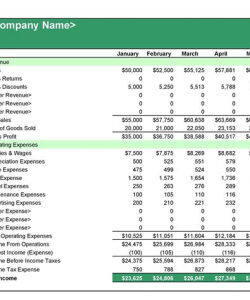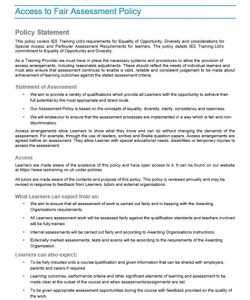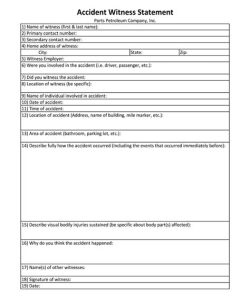Crafting a stellar personal statement for university applications can be a daunting task. But fret not! This comprehensive guide will provide you with a personal statement template for uni, helping you showcase your unique qualities and aspirations to potential admission tutors. Remember, admissions officers are looking for more than just academic achievements; they want to get to know the person behind the grades.
As you embark on this journey, keep in mind that there’s no one-size-fits-all formula. Your personal statement should be an authentic reflection of who you are, your experiences, and your motivations. This template will guide you through the essential elements, allowing you to craft a compelling narrative that sets you apart from the competition.
1. Introduce Yourself and State Your Purpose
Begin with a captivating introduction that grabs the reader’s attention. State your full name, where you’re from, and the program you’re applying to. Clearly express your purpose for writing this personal statement: to secure admission into the desired university and program. Use strong, concise language and avoid clichés or overly formal language.
Follow up with a brief overview of your academic journey, highlighting your strengths and accomplishments. Mention any relevant extracurricular activities, work experience, or volunteer work that demonstrates your passion and commitment to your field of interest. These experiences can provide valuable context and make your application more well-rounded.
Remember, your introduction should be concise yet powerful, setting the stage for the rest of your personal statement.
2. Share Your Motivations and Goals
The heart of your personal statement lies in sharing your motivations and aspirations. Explain why you’re passionate about the program you’re applying to and how it aligns with your long-term career goals. Describe the specific aspects of the program that resonate with you and why you believe you’re a suitable candidate.
Go beyond surface-level reasons; delve into the deeper values and beliefs that drive your desire to pursue this particular field of study. Share personal anecdotes or experiences that illustrate your commitment and determination. Demonstrate how you’ve been actively pursuing your interests outside of the classroom, such as through research projects, internships, or extracurricular activities.
This section is your opportunity to show admissions officers that you’re not just another applicant; you’re a highly motivated individual with a clear vision for your future. By sharing your genuine passions and aspirations, you’ll make a lasting impression and increase your chances of admission.
3. Showcase Your Skills and Qualiti
In this section, focus on showcasing your skills, qualities, and experiences that make you a strong candidate for the program. Highlight your academic achievements, but don’t limit yourself to grades alone. Discuss projects or research that you’ve participated in, demonstrating your intellectual curiosity and problem-solving abilities.
Beyond academics, emphasize your extracurricular activities, volunteer work, or work experience that demonstrates your commitment to teamwork, leadership, or other valuable qualities. Provide specific examples that illustrate how you’ve made a positive impact in your community or organization.
This section is crucial for showcasing your well-roundedness and showing admissions officers that you’re not just a bookworm but an active and engaged individual with the potential to contribute to their university community.
4. Conclusion
Conclude your personal statement by reiterating your passion for the program and your belief that you’re the ideal candidate for admission. Summarize your key strengths and qualities, and emphasize how they align with the program’s goals and values.
End with a forward-looking statement expressing your excitement about the prospect of joining the university community and contributing to its success. Thank the admissions officers for their time and consideration, and express your hope for a positive decision. Remember, your conclusion should leave a lasting impression and reinforce why you deserve a place in their program.



